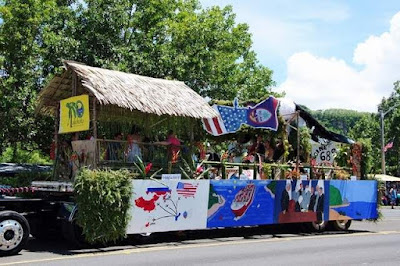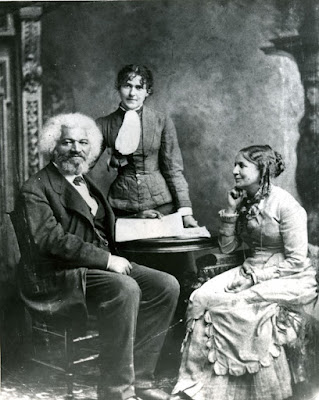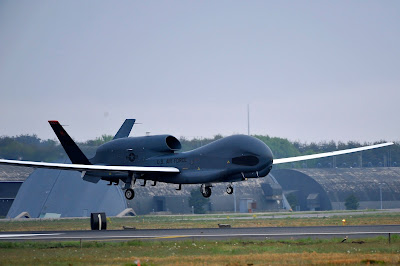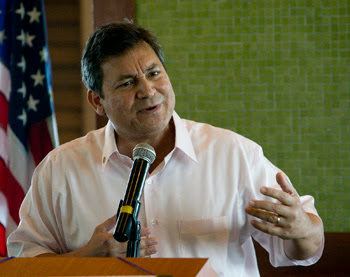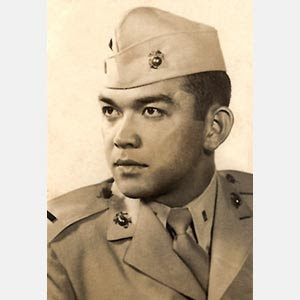Håfa Na Klasen Liberasion #26: Real Liberation Lies Ahead
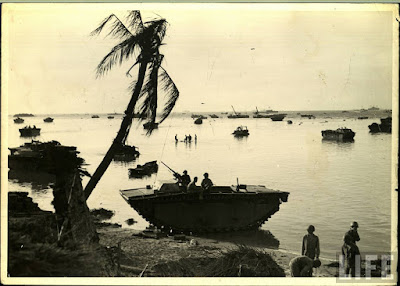
--> Another Liberation Day has come and gone, and with each passing year, more and more questions emerge about the meaning of this important event and our relationship to it. More people seem willing to question whether or not the US return to Guam in 1944 was a liberation, but for each person who earnestly asks that question, there is usually another who raises their voice in indignant defense of the liberation, demanding that it not be questioned. For them it is a sacred event for our elders and should require our patriotism and gratitude and nothing more. One of the misconceptions that people have in life, is the notion that something sacred should not be questioned or analyzed. I would propose instead that something sacred holds such depth and power, that its meaning can sustain questioning or scrutiny. If people shout down those who have earnest questions about Liberation Day in the name of it being sacred, more likely they are scared of how the concept will fal

